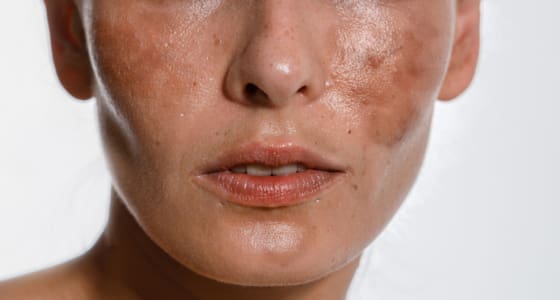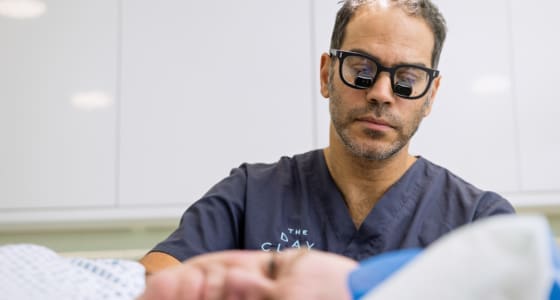Fungi are microorganisms that can exist in various forms, including yeasts, moulds, and mushrooms. While some fungi are harmless or even beneficial, others can cause infections when they colonise and multiply in areas where they shouldn’t be.
These infections can affect different parts of the body, including the skin, nails, respiratory system, and internal organs. Common types of fungal infections include athlete’s foot, ringworm, candidiasis, and systemic fungal infections.
Fungal infections can arise due to a combination of factors. For instance, weakened immunity is a major risk factor, making individuals with conditions like HIV/AIDS, diabetes, or those undergoing chemotherapy more susceptible. Prolonged use of antibiotics, which can disrupt the balance of microorganisms in the body, and certain lifestyle habits like wearing tight, non-breathable clothing or spending extended periods in damp environments, can also increase the likelihood of fungal infections.
The Day Clinic recommends treatment of fungal infections depending on the type, severity, and location of the infection. Following a comprehensive dermatology consultation topical antifungal creams or ointments are often prescribed by our dermatologist for skin infections. Oral antifungal medications may be necessary for more severe cases, or for infections affecting the nails or internal organs. These medications work by either interfering with the fungal cell membrane or by inhibiting the synthesis of fungal cell components. In addition to medication, maintaining good hygiene practices is crucial for preventing and managing fungal infections. This includes keeping the affected area clean and dry, avoiding tight-fitting clothing, and wearing breathable fabrics.
Preventative measures also play a significant role, and our experienced dermatologists may recommend using antifungal powders or creams in susceptible areas and taking care to avoid contact with contaminated surfaces in public places like gyms and swimming pools.
In severe or persistent cases, seeking medical attention is essential. Our healthcare providers can accurately diagnose the type of fungal infection and prescribe the most effective treatment regimen.








